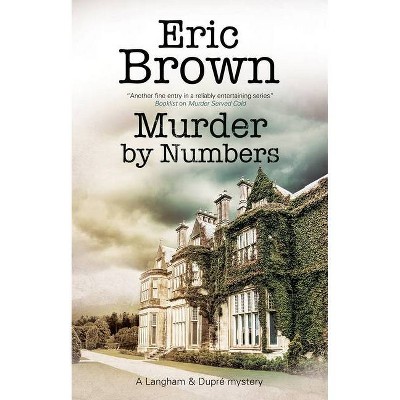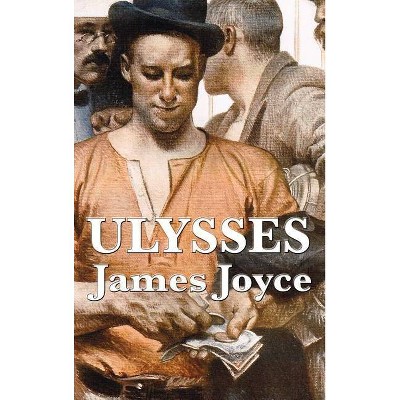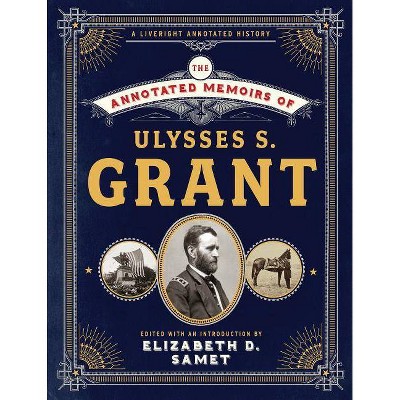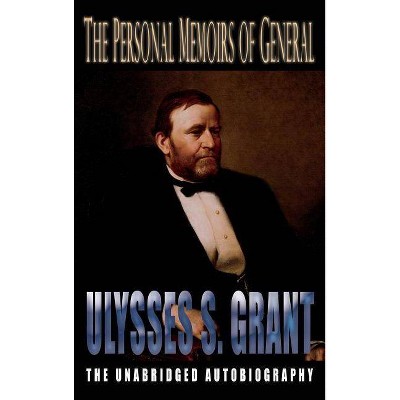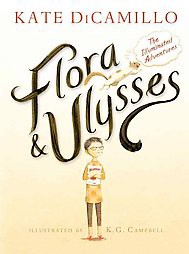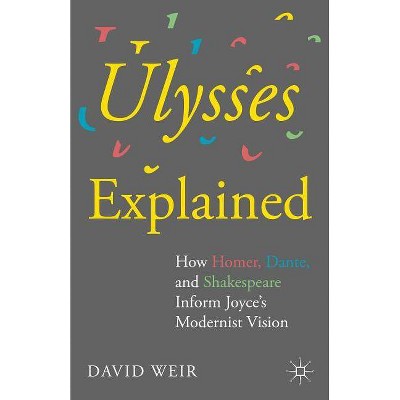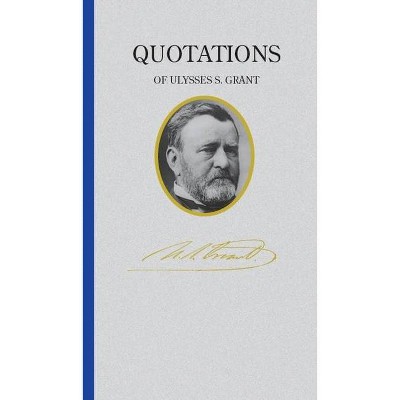Ulysses by Numbers - by Eric Jon Bulson (Hardcover)
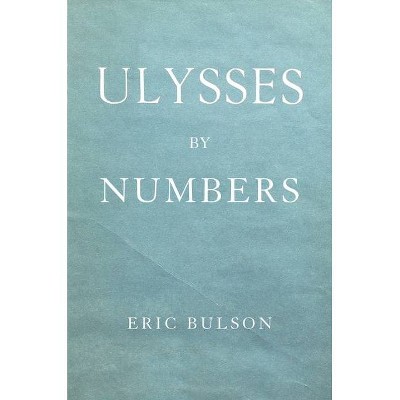
Similar Products
Products of same category from the store
AllProduct info
<p/><br></br><p><b> About the Book </b></p></br></br><i>Ulysses</i> has been read obsessively for a century. What if instead of focusing on the words to understand the structure, design, and history of Joyce's masterpiece, we pay attention to the numbers? Taking a computational approach, <i>Ulysses by Numbers</i> lets us see the novel's basic building blocks in a significantly new light.<p/><br></br><p><b> Book Synopsis </b></p></br></br><p><em>Ulysses</em> has been read obsessively for a century. What if instead of focusing on the words to understand the structure, design, and history of Joyce's masterpiece, we pay attention to the numbers?</p><p>Taking a computational approach, <em>Ulysses by Numbers</em> lets us see the novel's basic building blocks in a significantly new light--words, paragraphs, pages, and characters, as well as the original print run and the dates marking the beginning and end of its composition. Numbers provide access into Joyce's creative process, enhanced by graphs, diagrams, timelines, and maps, and they also give us a startling new perspective on the proportions that continue to structure, organize, and pace the reading experience. Numbers are there to help us navigate the history of <em>Ulysses</em> from its earliest material beginnings, and they offer a concrete basis upon which we can explore the big questions about its length, style, origins, readership, and design.</p><p>An innovative computational reading on both a micro and macro level, <em>Ulysses by Numbers</em> is a timely intervention into debates about the use and abuse of quantitative methods in literary analysis. Eric Bulson demonstrates how reading by numbers can bring us closer to the words of <em>Ulysses</em>, helping us rediscover a novel we thought we already knew.</p><p/><br></br><p><b> Review Quotes </b></p></br></br><br>Nearly a century after it was first published, <i>Ulysses</i> still stands as the apotheosis of high modernism and a revolutionary moment in the history of western literature. But can the daring literary experiment be deconstructed like a complex mathematical equation? This intriguing book makes a convincing case that, yes, it is possible.--Irish Independent<br><br><i>Ulysses by Numbers </i>is an intricate, dazzling account of how numbers mattered to Joyce. Written with engaging lucidity and wit, this highly original book explores the numerical unconsciousness of <i>Ulysses</i> through close analyses of style, characters, word counts, readerships, and compositional history. Bulson's work is a permanent contribution to Joyce studies and essential reading both for Joyceans and for modernists more broadly.--Katherine Mullin, author of <i>James Joyce, Sexuality, and Social Purity</i><br><br>Numbers in literature often have magical or secret meanings, but this remarkable book also shows us other, quite startling modes of literary counting, giving us the pleasure we find only in the best critical readings: we are surprised and we wonder what to do with our surprise.--Michael Wood, author of <i>Literature and the Taste of Knowledge</i><br><br><i>Ulysses by Numbers</i> is a winningly idiosyncratic piece of literary criticism, one that is both very much of its moment in many respects, and in a few others defiantly peculiar. Bulson has delivered a timely, restlessly inventive book that challenges the increasingly hostile polarization within literary studies about the use of quantitative evidence. It is a provocative call for, and demonstration of, a delirious, even enchanted kind of quantitative reading.--Nicholas Dames, author of <i>The Physiology of the Novel: Reading, Neural Science, and the Form of Victorian Fiction</i><br><p/><br></br><p><b> About the Author </b></p></br></br>Eric Bulson is Andrew W. Mellon All-Claremont Chair in the Humanities at Claremont Graduate University. He is the author of <i>Little Magazine, World Form</i> (Columbia, 2016); <i>Novels, Maps, Modernity: The Spatial Imagination, 1850-2000</i> (2007); and <i>The Cambridge Introduction to James Joyce</i> (2006).
Price History
Price Archive shows prices from various stores, lets you see history and find the cheapest. There is no actual sale on the website. For all support, inquiry and suggestion messagescommunication@pricearchive.us
